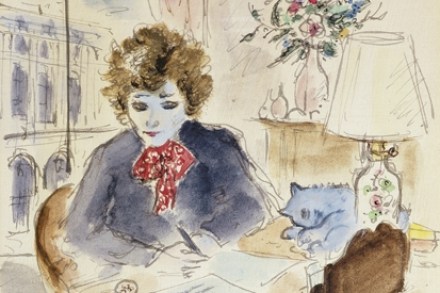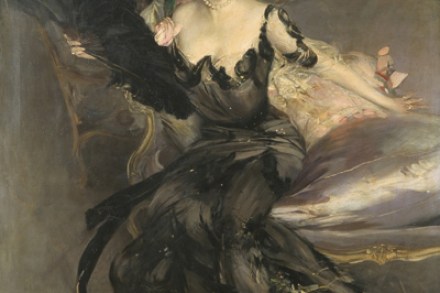Spectator writers’ Christmas book choices
Byron Rogers Rhys Davies by Meic Stephens (Parthian, £20). This is the first full-length biography of the grocer’s son from the Valleys who, in the course of a long and industrious life spent mainly in London (where guardsmen were), wrote over 100 short stories and 20 novels and was hailed as the Welsh Chekhov. Helpfully,




















